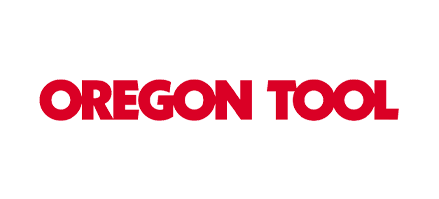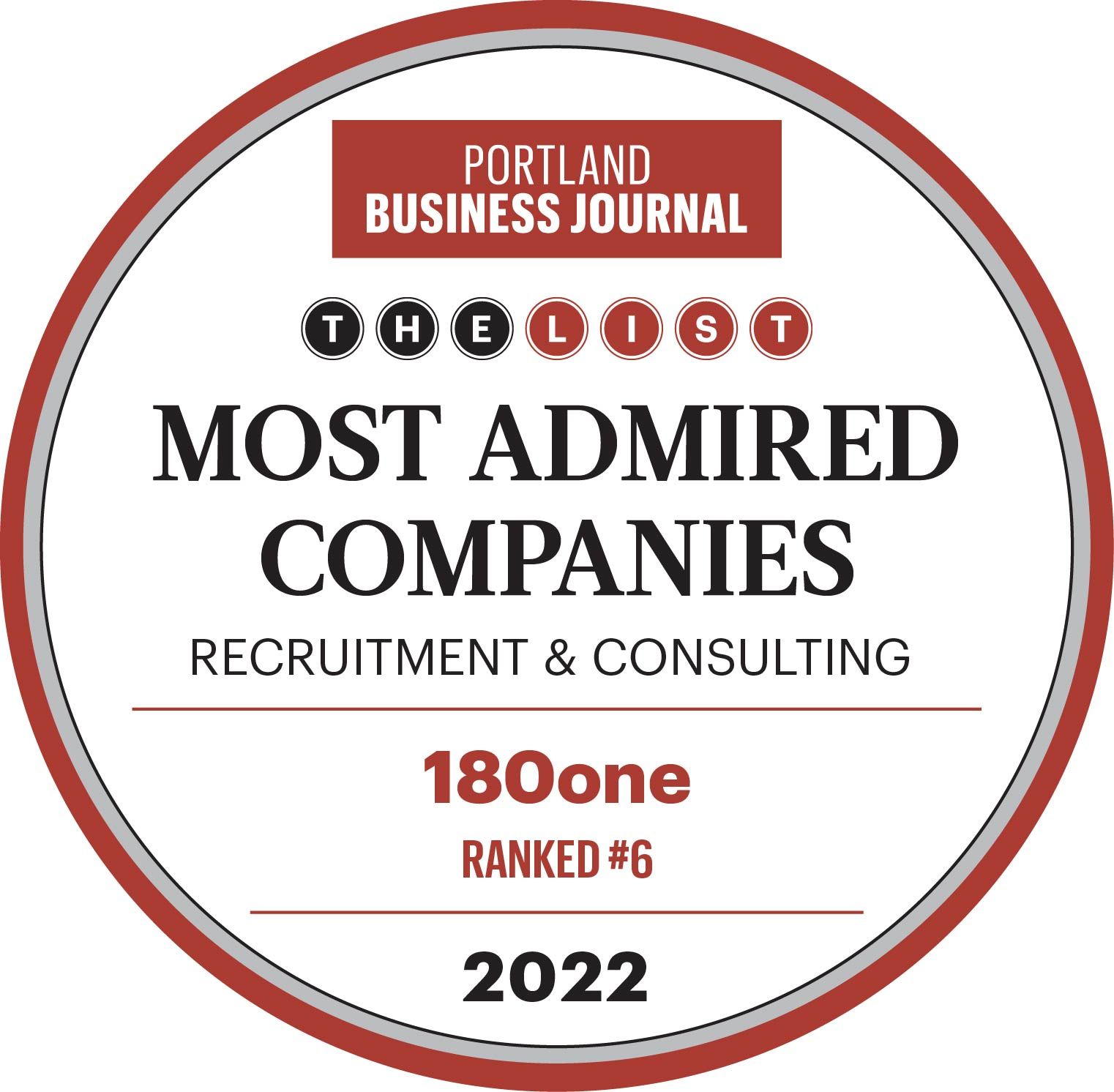By Greg Togni
•
May 1, 2025
Chief Financial Officer ABOUT THE COMPANY Founded in 1947, Oregon Tool, Inc. has grown from a basement in Portland, Oregon, to a global designer, manufacturer, and marketer of precision cutting tools, equipment, and accessories for consumers and professionals in more than 110 countries with 3200 team members. Building off the pioneering spirit of its founder, Joseph Buford Cox, Oregon Tool has transformed the cutting industry and have become the world’s #1 manufacturer of saw chain and guide bars for chainsaws and diamond saw chain for concrete and pipe, a leading manufacturer of agricultural tractor attachments, and the leading OEM supplier of first-fit and replacement parts. Its products are sold into the aftermarket through multiple channels, including distributors, dealers, mass merchants and e-commerce, as well as to original equipment manufacturers for “first fit” use on new equipment. Since its founding in the 1940s, Oregon Tool has grown from a family business into a multinational organization. Oregon Tool is owned by Platinum Equity, a global investment firm with more than $48 billion of assets under management and a portfolio of approximately 60 operating companies that serve customers around the world. Platinum Equity specializes in mergers, acquisitions and operations – a trademarked strategy it calls M&A&O® – acquiring and operating companies in a broad range of business markets, including manufacturing, distribution, transportation and logistics, equipment rental, metals services, media and entertainment, technology, telecommunications and other industries. Over the past 29 years Platinum Equity has completed more than 450 acquisitions. POSITION SUMMARY Based on a recent promotion of Oregon Tool’s Chief Financial Officer to Chief Executive Officer , Oregon Tool is seeking an experienced Chief Financial Officer (CFO) to lead all financial functions across our U.S. and international operations with a team of over 140 members. The CFO will be a key strategic partner to the executive leadership team, playing a pivotal role in shaping the company’s growth strategy, ensuring financial performance, managing risk, and overseeing the IT function. As the financial steward of a private equity-backed global organization, the CFO will manage financial operations, optimize cash flow, oversee budgeting and forecasting, and support operational efficiency. The CFO will also be responsible for aligning the finance and IT teams with the strategic vision set by the private equity owners, helping to drive value creation, cost optimization, and scalability. KEY RESPONSIBILITIES Strategic Financial Leadership: Develop and execute the financial strategy to support both short-term and long-term growth objectives, aligning with the playbook. Drive strategic financial planning, providing insights on capital structure, liquidity, and funding strategies. Partner with the executive leadership team to guide business performance, identify operational efficiencies, and drive margin improvements. Support the execution of an exit strategy or liquidity event, working closely with the private equity firm to align with investment objectives. Financial Operations & Reporting: Oversee the preparation of financial statements in accordance with U.S. GAAP and international standards, ensuring compliance with regulatory requirements across all jurisdictions. Lead monthly, quarterly, and annual financial reporting to the private equity firm, board of directors, and other key stakeholders. Implement best practices for financial reporting and performance analysis, ensuring the company maintains a strong financial position. Direct the finance team in all areas of financial operations, including accounting, financial reporting, budgeting, and tax compliance. Cash Flow & Risk Management: Manage the company’s cash flow, working capital, and liquidity to ensure the business operates efficiently and remains financially stable. Develop and implement risk management strategies, overseeing financial controls, insurance, and mitigation of operational, financial, and market risks. Work with external auditors, legal advisors, and tax consultants to manage risk and optimize the tax structure across global operations. This includes cyber security and IT Risk Management. Mergers & Acquisitions (M&A) and Capital Strategy: Lead or support M&A initiatives, including target identification, due diligence, valuation, and integration, to support the company’s growth strategy and value creation. Partner with the private equity firm to evaluate and execute on new investment opportunities, optimizing capital structure and aligning with the firm’s strategic priorities. Global Operations & International Oversight: Oversee financial operations in all international locations, ensuring compliance with local financial regulations and tax laws. Maximize financial processes and reporting systems across geographies, driving operational efficiencies and consistent decision-making globally. Coordinate with international finance teams to ensure alignment with overall company financial objectives and adherence to best practices. IT Strategy & Oversight: Lead the IT function, aligning technology investments with financial goals and operational needs. Ensure systems are scalable, secure, and enable financial reporting and forecasting capabilities. Partner with the IT team to ensure the integration of financial systems (e.g., ERP, cloud services) to enhance reporting accuracy and streamline operations. Drive initiatives that optimize the company’s technological infrastructure, ensuring it supports both financial and operational goals, particularly in the context of global manufacturing and sales. Leadership & Team Development: Build and lead a high-performance finance team, providing mentorship and fostering professional growth opportunities. Develop strong relationships with cross-functional teams to ensure finance is closely integrated with all business operations. Collaborate with the leadership team to set the overall direction for the business, ensuring that financial goals are met and exceeded. ESSENTIAL DUTIES AND RESPONSIBILITIES Financial Reporting Oversee the preparation and accuracy of consolidated financial statements in compliance with U.S. GAAP, IFRS, and other relevant international accounting standards. Ensure timely and accurate monthly, quarterly, and annual financial reporting for internal and external stakeholders. Manage the preparation and production of consolidated financial reports adhering to internal reporting deadlines. Interface with external auditors on the timing and coordination of the year-end audit and work closely with them throughout their audit cycle. Develop and communicate the reporting schedule internally to Oregon Tool locations and facilitate compliance with reporting deadlines. Streamline and provide continual improvements to the master closing package template utilized by all reporting units. Lead and manage the external reporting cycles in an accurate and timely manner to achieve compliance with debt covenants and reporting deadlines including preparation of financial statements and footnotes. Ensure that the reporting system is able to produce financial information in the format and configuration required by senior management. Accounting Operations Lead the North America accounting team, ensuring accurate and efficient day-to-day accounting operations. Oversee the monthly and year-end close processes, ensuring timely reconciliations, accurate journal entries, and adherence to closing schedules. Ensure compliance with internal controls, policies, and procedures to safeguard company assets. Maintain and monitor an effective system of internal accounting and financial reporting controls. Interpret and analyze and report on periodic results. Maintain an internal performance management reporting system. Provide accounting direction and support to company-wide reporting units. Manage the collection and consolidation of data from company-wide reporting units. Supervise the general ledger for various accounts and legal entities, ensuring the accounting records are accurate and well documented. Lead continuous improvement efforts to improve processes and shorten reporting cycle times. Maintain, update and improve policies, processes, and systems including automation of key activities. Team Management Lead, mentor, and develop the management teams across CP, Mold, and PD, ensuring accountability and high performance. Establish clear performance metrics and KPIs for all areas of the business to drive results and enhance team collaboration. Maintain good communication, promote problem-solving, assign responsibilities, and provide training and mentoring to employees. Select and develop key operational executives and successors, assign accountabilities, set objectives, and establish priorities. Team Leadership and Development Lead, mentor, and develop a high-performing accounting team. Foster a culture of continuous improvement, promoting efficiency, accuracy, and best practices. Manage performance, establish clear development goals, and provide ongoing coaching for team members. Lead documentation and continual improvement of departmental work processes. QUALIFCATIONS • Minimum of 5-7+ years of experience in executive financial leadership positions, with a focus on manufacturing, sales, and international operations. • Prior experience in a private equity-backed company is highly preferred, with a proven track record of driving growth and value creation. • Strong experience in M&A, capital structure optimization, and working closely with private equity investors. • Experience in capital markets managing banking and investor relations. • Strong financial modeling, analysis, and business forecasting skills. • Expertise in U.S. GAAP, IFRS, international financial regulations, and tax compliance across multiple jurisdictions. • Experience in IT or Business Analyst management, optimizing global systems, ERP software, and other integrated technologies. • Excellent leadership skills, with the ability to motivate and develop high-performing teams in a fast-paced, growth-oriented environment. • Ability to communicate complex financial concepts clearly to both financial and non-financial stakeholders, including the private equity investors. LEADERSHIP COMPETENCIES Strategic Orientation & Commercial Acumen The ideal candidate will have a strategic mindset and will look at business challenges and opportunities in a holistic way. With that strategic mindset, executing on the existing Playbook is the priority. They will understand how to integrate market and competitive trends, organizational state, and other issues into a coherent vision for change and growth and link this vision into a series of initiatives and priorities that are compelling and logical. They will have a strong track record of driving growth and value through internal initiatives. Execution / Results Orientation The ideal candidate will have a demonstrated track record of delivering impact in the business. The individual must have a high sense of urgency, be a highly driven execution- oriented leader who has repeatedly led organizations through rapid transformation that yield increased levels of growth and sustainable performance. They will have the ability and determination to move a portfolio of strategic imperatives forward, using performance metrics and benchmarks to track progress. Team Leadership / Talent Development The candidate will build deep organization strength, inspire and motivate the entire organization to impact the future growth, continuity and profitability of the business. They should be focused on coaching, mentoring and testing their senior leadership team to ensure continued growth and success of the business. The leader will consistently be recruiting to benchmark their existing team and as needed, bring in best-in-class performers. The ideal candidate will possess the ability to effectively motivate others to achieve goals and objectives as they build the next level leadership talent. Collaboration, Communication & Influencing The leader will be a good listener with outstanding interpersonal qualities and a natural, effective consultative style. They will have demonstrated the ability to be straightforward, frank, and direct with others while communicating respect. They must be able to influence, collaborate and partner with the different entities to drive improvements. This includes the ability to work effectively with a virtual, geographically dispersed organization. Interested in Learning More? 180one has been engaged by Oregon Tool to manage this search. If interested in learning more about the opportunity, please contact Matt Oltmann /971.235.6236/ matt.oltmann@180one.com .







